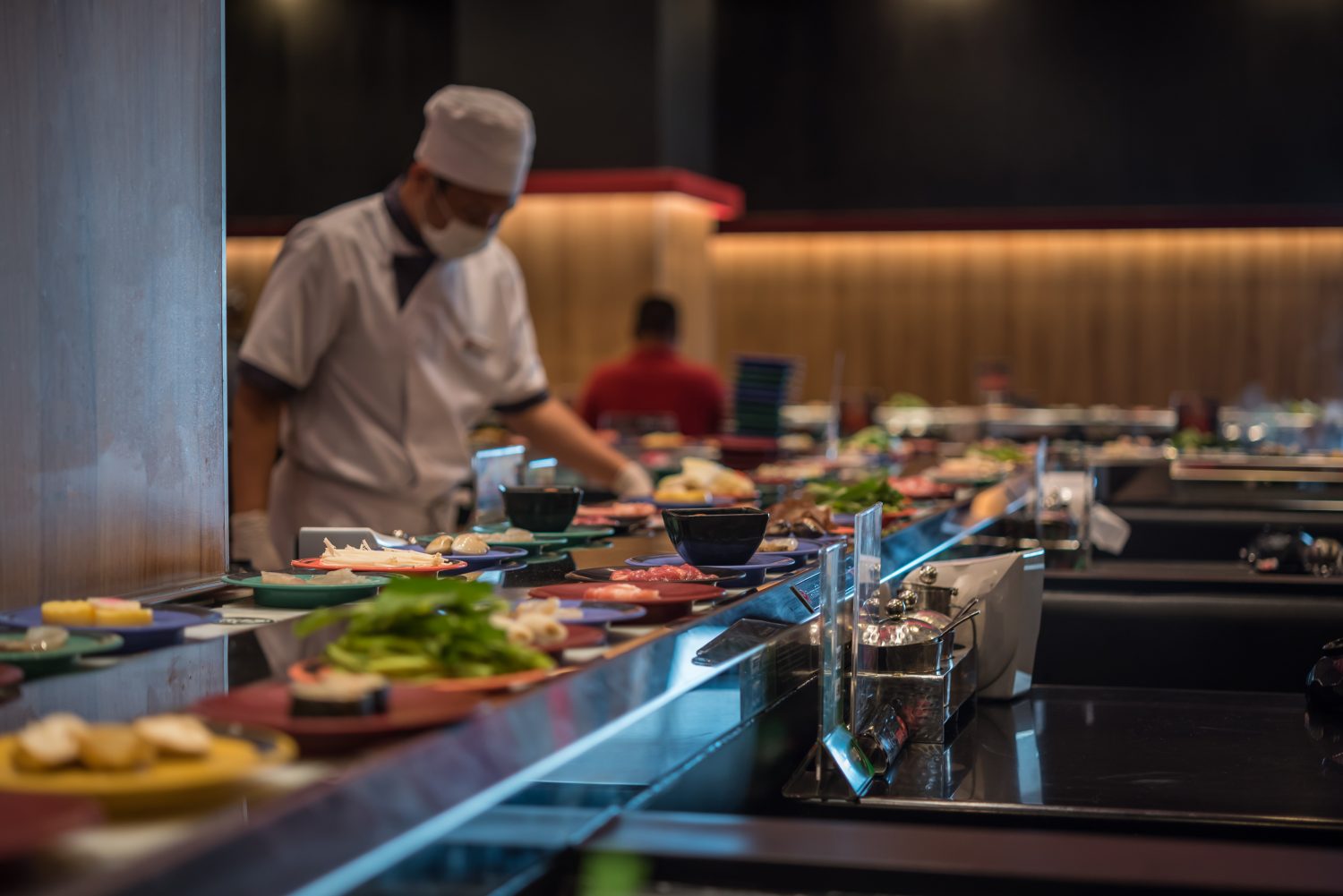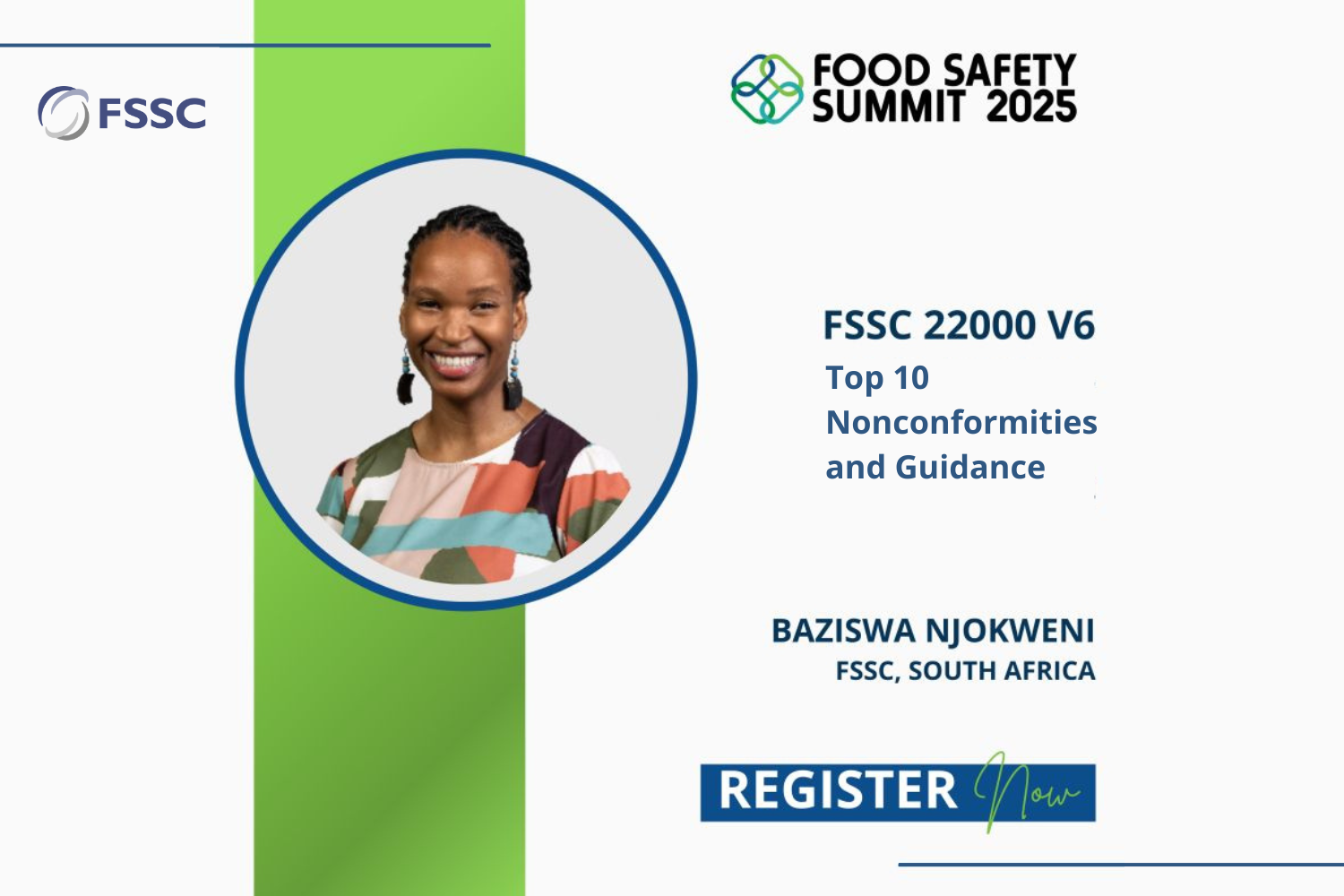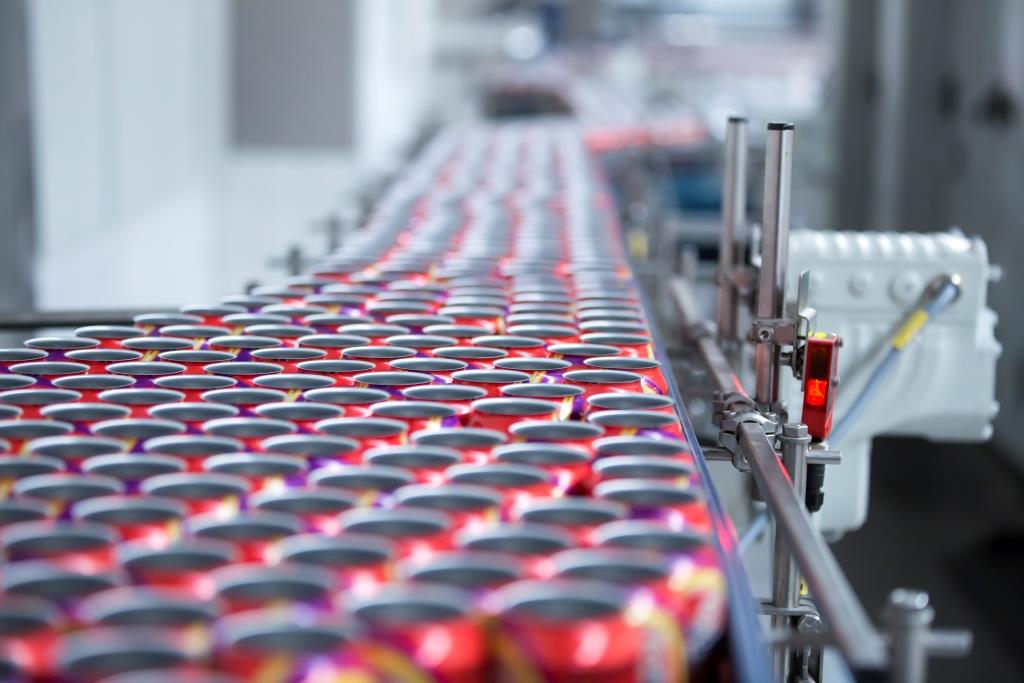A year ago, FSSC launched the FSSC Development Program, their conformity assessment program dedicated to small and medium-sized food organizations (SMEs).

In this interview, FSSC Market Development Director Cor Groenveld looks back on the first year of the Development Program.
- It was a challenging first year for the Development Program, where COVID was the main topic of conversation. How was the program received after the launch?
The priority in 2020 was, of course, the COVID crisis. Small and large food organizations had to ensure continuity in the supply of food, and Certification Bodies had to ensure continuance in the validity of their certifications. As a result, the start of the FSSC Development Program was challenging, and there were very few new conformity assessments performed.
Fortunately, there were a few positive developments as well. The FSSC Development Program offers the opportunity to conduct partly remote audits. In Argentina, the first partly remote conformity assessment was conducted (click here to read about their experience), and in Japan, there were pilot assessments in the catering sector. We also saw that the number of Conformity Assessment Bodies (CABs) grew. There are now 11 CABs with a license, of which some are local, and some are global Assessment Bodies. A list of their details is available on the FSSC website. Additionally, we worked very hard on extending the program’s scope to include the manufacturing of food products and ingredients, which means that the program is now applicable to catering and retail organizations.
- Initially, FSSC launched the program for small and medium-sized food manufacturers (SMEs). Recently the scope has been extended and now also covers catering and retail. What are the reasons behind this scope extension?
There are many small and medium retailers and catering organizations. You can think about small retail shops, restaurants, specialty shops like butchers, bakeries, and greengrocers. As they are in direct contact with the consumers, they play a significant role in delivering food. And of course, food safety is essential for them in ensuring trust to their customers. The FSSC Development Program supports them in developing and improving their food safety systems. It covers the minimum requirements for a food safety system and establishes a stepping stone model to reach full FSSC 22000 certification.
We are also in close contact with many food associations like Retail Association India (RAI) and China National Food Industry Association (CNFIA), with whom we have an MoU. The collaboration focuses on the implementation and use of the FSSC Development Program.
- What was the reason for FSSC to launch this program in the first place? And how does it support food organizations?
FSSC launched this program to support SMEs in the food supply chain to improve their food safety systems. Plus, the program can help them as a stepping stone model to reach full FSSC 22000 certification. As a non-profit foundation, FSSC sees it as an obligation to provide a starter program that is easy to use and low cost. The program also assists larger food organizations with the assurance of their SME suppliers. In this way, SMEs can have better market access and contribute to improving food safety worldwide.
- The program consists of the program documents, but step 1 in becoming a conforming organization is a self-evaluation. These are available on the FSSC website as well. What is the added value of such a tool?
The self-evaluation tool is free to download and covers the requirements of level 1 and level 2 of the FSSC Development Program. A food organization uses it to show where they have met program requirements and where the gaps are. After the self-evaluation, the organization can decide if they need additional training by an FSSC licensed Training Organization and at what level (1 or 2) they want the conformity assessment. Of course, the organization can use the identified gaps to initiate corrective actions to meet all the requirements at the desired level. When a food organization asks for a conformity assessment by an FSSC licensed CAB, the self-evaluation has to be made available for input into the assessment, which also helps the assessor.
There are specific self-evaluation tools for the different scopes (Manufacturing, Retail, or Catering), each available in several languages.



